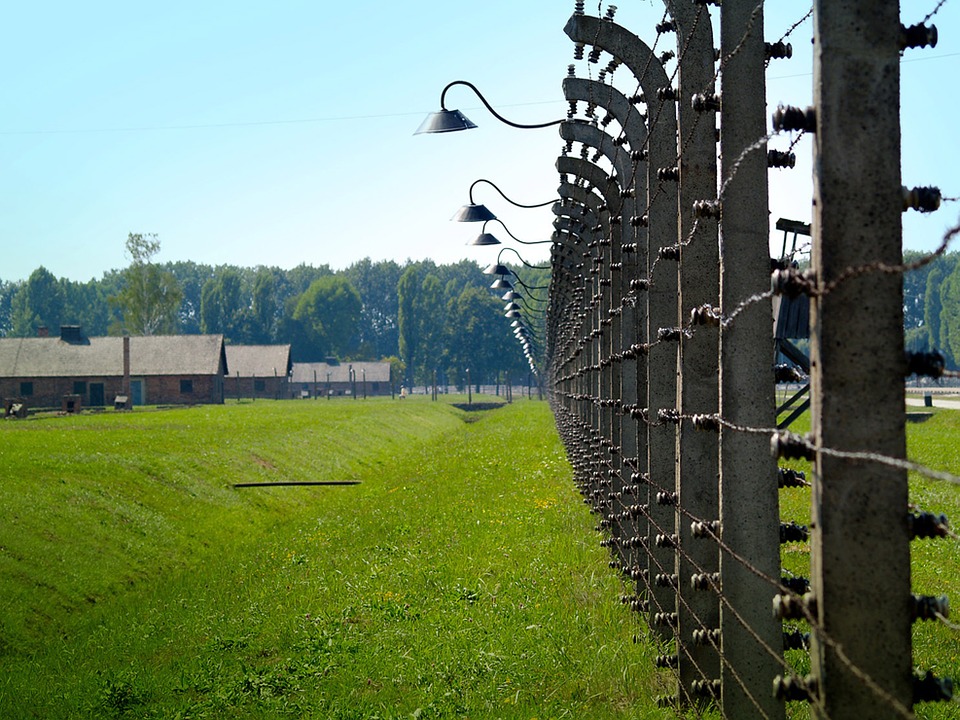Should Prisoners Be Reduced in Food When They Break Prison’s Rules?
Introduction
The sentence to imprisonment is a punishment for behavior that threatens the harmonious life of the society. Thus, by depriving a person of the opportunity to independently build social contacts, move around the country freely, the penitentiary system wants to force a person to rethink their actions and habits that threaten the society. The final goal of this imprisonment is not only deprivation of the dangerous personality from a society, but to create a space, where such people can improve their habits to start a new life after returning. However, during the stay in a jail, they do not lose their human status and therefore have the right to enjoy all civil rights. Thus, they remain their right to have fundamental human values. This means that no one has the right to humiliate the dignity of the criminal, to inflict physical punishment on him, to put his life in a threat, to keep him in conditions dangerous to life. The issue of nutrition refers to the category of things that the state must provide to criminals food of the proper quality, in sufficient quantity and on time. At the same time, nutrition is the most manipulative thing that the prison administration can manage to punish violators of prison rules of conduct. Although the idea seems obvious, it does not submit to the policy that prisoners should receive full civil rights and are not supported by research.
The Impact of Food reduction on a Psychological Level
The US has clear descriptions of nutrition in prisons that force all prisons to provide three meals a day with enough nutrients, healthy portions and some variability of menus. This practice shows that prisoners meet their basic needs. Also, it is known that: “Having a limited ability to determine what, when, where or how much they eat, means that prisoners lose control over aspects of their health as well as this important part of their social autonomy. For some, this deeply affects their self-esteem and sense of identity” (HM Inspectorate of Prisons 3). Thus, nutrition is directly related to the psychological state of the prisoner even in conditions when he is provided with food in the same amounts as other criminals. Therefore, by punishing the prisoner by depriving of nutrition/changing the amount of food, the prison authority will not only show him a “didactic lesson,” but reactivate his understanding of the inability to solve food-related issues. While the food is a huge part of one’s life connected with a lot of social habits, this can worsen his psychological state. In the end, a prisoner can become mentally sick that will subsequently affect his ability to return to society and become a member of it. Such possibility contradicts to the primary goal of the system.
Safety and Food Correlation
In addition, some studies have shown that: “Food can also affect security resourcing and safety in prison, as frustration over food can serve as a catalyst for aggression and dissent. Studies have also found that nutritional supplements reduce disciplinary incidents, aggression, and violent behavior, pointing to the importance of nutrition to safety in prisons” (HM Inspectorate of Prisons 4-5). Therefore, if the jail administration aims to improve discipline, it should, on the contrary, improve the diet, increase the size of portions, the possible choice of meals by prisoners. So, feeling attention at such a basic level and some independence, criminals will have less reason to riot and break the rules. Also, there are cases when the feeling of hunger makes a person more emotional, which can lead not only to violations of the rules of behavior, but also aggressive behavior, violent attitude toward other prisoners and supervisors.
Physical Health
Another aspect is the physical health of the prisoners. As noted above, the prison must help the prisoner maintain their health at the proper level, provide them with consultations with doctors and access to medicines (Mental Illness, Human Rights, And US Prisons). However, depriving a person of adequate nutrition increase a risk of developing a new disease or “awaken” of a neglected chronic illness that can lead both to the death of a prisoner or to a decrease in his chances of reintegration into society after returning. In addition, each prison has its budget, which forms itself according to its own needs. In situations when the prisoner is ill, the prison fund his treatment from jail’s budget, which is not in the interests of the administration.
Conclusion
As a result, one have a situation in which the decision to punish the violator of the rules of order in prison by reducing in food does not justify its purpose, but rather causes a significant number of complications that deny the laws, fundamental human rights, prison interests and the primary goal of the existence of the entire correctional system. Since the main aim is creating the opportunity for the prisoner to return successfully to social behavior in a free world, without creating threats to the environment and the system, all the actions of the prison administration should be directed to this task. Thus, jail administration should not use such method for solving problems with the behavior of prisoners, while this is unproductive.
Works Cited
HM Inspectorate of Prisons. Life In Prison: Food. Inspectorate of Prisons Victory House, 2016. Print. A Findings Paper By HM Inspectorate Of Prisons.
“Mental Illness, Human Rights, And US Prisons.” Human Rights Watch. N.p., 2009. Web. 24 Aug. 2017.
Get Help on Essay Writing Whenever Needed
Human rights is always a debatable topic to discuss. Read one more prison essay about prisoners’ rights on our blog! In case you have some writing problems, apply to the EssayShark team right now!
